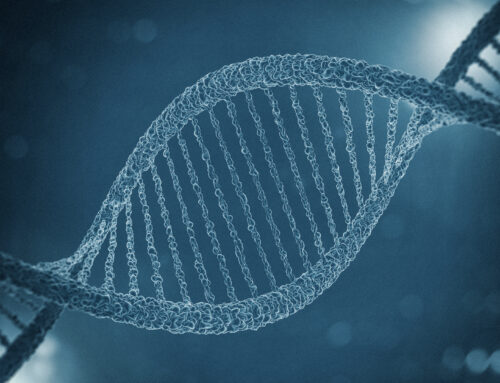By Becca Bakal, MPH
Last week, I had a rude awakening at my annual checkup. My cholesterol was high — embarrassingly high. Since I’m a health educator, I know a thing or two about high cholesterol. When my doctor told me that having high cholesterol would increase my risk over time for health problems like heart disease and stroke, that wasn’t news to me. I knew that I could reduce my cholesterol and, therefore, my risk.
But I left the appointment and didn’t do anything to lower my cholesterol. I didn’t start exercising, I didn’t stop eating fried food, and I didn’t pick up a prescription for cholesterol-lowering medication. I have a degree in behavioral health, and yet I couldn’t bring myself to engage in healthy behaviors. I was overwhelmed and scared by the possibility of future illness. Instead of taking action, I walked around for a couple of days trying not to think about my cholesterol.
This is a pretty normal response to health risk. People feel helpless when confronted by the prospect of a future problem and they choose avoidance rather than risk-reducing action, thereby increasing their risk even further.
And then it hit me why, when I talk to people about Jewish genetic health, they often say that it is a “scary” topic. While there is no relationship between high cholesterol and Jewish genetics, the principle we’re talking about here is the same: understanding risk is hard and acting to reduce any risk can feel even harder. Some people don’t want to know about any future risk because they are worried that they will need to live their lives differently. Someone I interviewed for our needs assessment said it well: “If you don’t know about it, then you don’t need to change anything, because change is hard.”
When it comes to Jewish genetic health, genetic counseling and screenings exist to help people better understand their risk and – if necessary – make informed, personalized decisions about how to reduce it. Understanding risk is challenging, but it doesn’t have to be scary. Getting information and taking action should feel empowering. After I knew I had high cholesterol, I ultimately had the tools to live a healthier life and, after my gyro and Netflix, I went for a run and started eating less red meat. When it comes to Jewish genetic health, learning the facts can empower people to reduce risk and improve their health and the health of their families.


